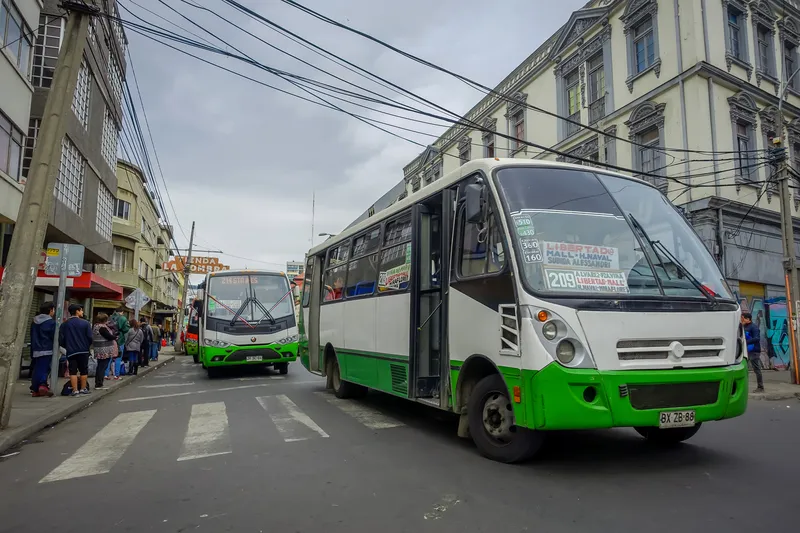Cubic Transportation Systems, MasterCard and Money Network are to partner in a program to launch what is said to be the largest open transit fare payment system (OSFS) in the US. The Ventra card is about to make its debut with the Chicago Transit Authority (CTA) and suburban bus operator Pace, giving customers two new options to pay for train and bus rides. The Ventra card features two accounts - a closed-loop account for transit payments and an optional reloadable prepaid card that can be used for everyday
June 28, 2013
Read time: 2 mins
The Ventra card is about to make its debut with the
The Ventra card features two accounts - a closed-loop account for transit payments and an optional reloadable prepaid card that can be used for everyday purchases everywhere Debit MasterCard is accepted.
Chicago residents and tourists will be able to pay for train and bus rides with any MasterCard PayPass or contactless payment card currently in their wallet to tap and pay at rail station turnstiles and on buses.
"MasterCard is the world's fastest payment processing network and First Data is a global leader in payment processing and electronic commerce. They are ideal partners as we develop a world-class open fare system to serve as a model for transit agencies around the globe looking to modernise their fare payment systems," said Richard Wunderle, senior vice president and general manager for Cubic's North America operations. "MasterCard and First Data clearly demonstrated their strong commitment to public transit, and we are proud to have them on board."
"Ventra will improve the passenger experience by creating convenient connections throughout the region with the latest in contactless card technology," said Forrest Claypool, president, CTA.








